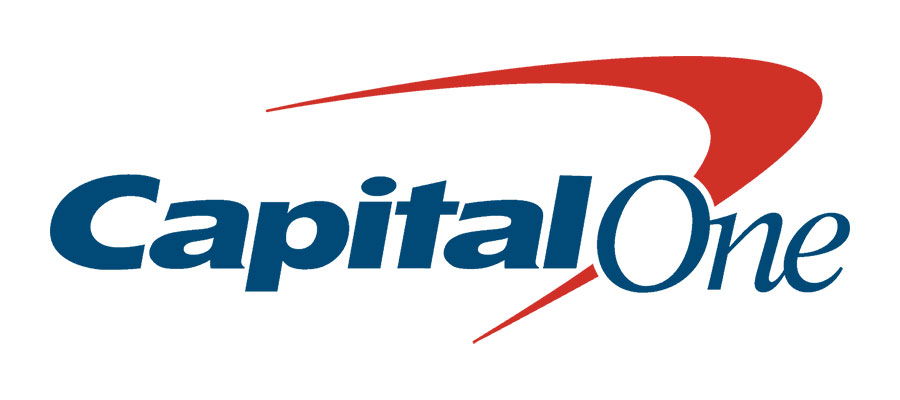Getting approved for a car loan can be tough if you have bad credit or a limited credit history. Lenders may offer higher interest rates—or deny you altogether.
Adding a cosigner with good credit could improve your chances. In many cases, it can also help you qualify for a lower interest rate, which means smaller monthly payments.

This article breaks down how cosigning works, the benefits and risks involved, and whether it’s the right move for your situation.
Key Takeaways
- A cosigner with strong credit can help you qualify for better loan terms and lower interest rates, which can reduce your monthly car payment.
- Missed payments or defaulting puts the cosigner’s credit at risk and can damage your relationship.
- Clear communication and a shared plan are essential to avoid misunderstandings and protect both credit profiles.
How a Cosigner Can Help You Qualify for a Car Loan
A cosigner agrees to take full responsibility for your car loan if you stop making payments. This gives the lender added security, making them more likely to approve your application.
Because the cosigner’s credit and income are factored into the approval, their strong financial profile can help you qualify for a car loan you wouldn’t get on your own.
How a Cosigner Can Lower Your Interest Rate
Lenders use credit scores to set interest rates. If you have a poor credit score or insufficient credit history, you’ll likely get stuck with a higher rate. But adding a cosigner with good credit lowers the lender’s risk, which can lead to a lower interest rate.
That lower rate translates into lower monthly payments. By helping you qualify for better terms, a cosigner can make your car loan more affordable overall.
Benefits of Adding a Cosigner to Your Auto Loan
A cosigner can make it easier to get approved and help you lock in better loan terms. This is especially helpful if you’re a first-time buyer or have a low credit score.
Along with lower interest rates, you might also qualify for a longer loan term, which spreads out the cost and lowers your monthly car payment.
Risks You and Your Cosigner Need to Understand
Cosigning isn’t just a favor—it’s a legal commitment. If you miss a payment, your cosigner is on the hook. That can lead to strained relationships and damaged credit for both of you.
Even one late payment can hurt both credit scores and trigger late fees. The loan also shows up on your cosigner’s credit report, which can raise their debt-to-income ratio and make it harder for them to get approved for future loans.
Cosigner vs. Co-Borrower: What’s the difference?
Cosigners and co-borrowers both help you get approved for a loan, but they play very different roles. Here’s how each works and when one might make more sense than the other.
What a Cosigner Does
A cosigner agrees to repay the loan if the primary borrower doesn’t. They don’t own the car and aren’t listed on the title, but they are fully responsible for the debt if things go south. Lenders often require a cosigner when the primary borrower has poor or limited credit.
While a cosigner can help you qualify and get better terms, the risk is real—any missed payments will hurt their credit just as much as yours.
What a Co-Borrower Does
Co-borrowers apply for the loan together and both share ownership of the vehicle. Their names appear on the loan and the car title, and both are equally responsible for making payments.
Because both incomes and credit scores are factored in, co-borrowing can improve your chances of approval and possibly lead to better loan terms—especially if both borrowers have strong credit.
When Co-Borrowing Is a Better Option
Co-borrowing usually makes more sense for spouses, partners, or family members who plan to share the car. It splits the financial responsibility and gives both parties legal ownership.
Cosigning is more common when one person simply needs help qualifying for a loan. Just be sure everyone understands the risks before signing—missed payments can damage both credit scores and strain relationships. Always read the loan terms carefully and have a clear repayment plan in place.
Other Ways to Lower Your Car Payment Without a Cosigner
If getting a cosigner isn’t an option, there are still ways to make your car loan more affordable.
Start by improving your credit score. Pay all bills on time, keep balances low, and check your credit reports for errors. Disputing mistakes with the credit bureaus can give your score a boost—and that can lead to better loan offers.
You can also lower your monthly payment by making a bigger down payment or choosing a more affordable car. In some cases, a personal loan might offer better terms than a traditional auto loan. And if your credit is poor, some lenders offer auto loans for bad credit. The rates may be higher, but they can still help you get approved without a cosigner.
Tips for Managing a Car Loan With a Cosigner
If you’re moving forward with a cosigner, set expectations upfront. Decide who’s making the monthly payments and how you’ll handle missed or late payments. You should also agree on who’s covering related costs like insurance.
To protect both credit scores and avoid conflict, follow these tips:
- Make every payment on time – Set up automatic payments or calendar reminders to stay on track. Even one late payment can hurt both of you.
- Communicate early if there’s a problem – If you’re at risk of missing a payment, let your cosigner know right away.
- Look into refinancing later – If your credit improves, you may be able to refinance the loan in your name and remove the cosigner. It might also lower your rate.
Final Thoughts
A cosigner can help you qualify for a car loan and reduce your monthly payment—but it comes with real risks for both parties. If payments are missed, both credit scores take a hit.
Before signing anything, make sure everyone understands the responsibilities involved. And remember, lenders also look at your income, job history, and debt load—not just whether you have a cosigner.
Frequently Asked Questions
Can I get a car loan without a cosigner if I have no credit?
Yes, it’s possible—but it may be harder to get approved or get favorable terms. You might need to provide a larger down payment, choose a less expensive vehicle, or work with lenders that specialize in first-time buyers or no-credit auto loans.
Does a cosigner need to live in the same state as the borrower?
Not necessarily. Most lenders don’t require cosigners to live in the same state, but they do need a valid U.S. address, good credit, and sufficient income. Some lenders may have state-specific requirements, so it’s best to check directly.
Will adding a cosigner increase my chances of loan approval?
Yes. A cosigner with strong credit and steady income can significantly increase your chances of approval, especially if your credit is limited or poor. Their financial profile reduces the lender’s risk.
Is the cosigner notified if I miss a car payment?
In most cases, no. Lenders typically don’t notify the cosigner until the account is significantly past due. That’s why communication between the borrower and cosigner is so important.
Can a cosigner remove themselves from a car loan?
Not directly. The only way to remove a cosigner is by refinancing the loan in the primary borrower’s name or paying off the loan entirely. Some lenders may also offer a cosigner release after a certain number of on-time payments, but this is rare.




